Making praise powerful
At KatieB Kids, the use of praise which is both powerful and empowering for our children, is part of our emotion coaching ethos to actively promote positive behaviour.
We know that children gain respect through interaction with caring adults who value their individual personalities. So, in our nursery setting, positive, caring and polite behaviour will always be encouraged and praised. In our experience, this helps to create an environment where children learn to respect themselves, other people and their surroundings.
Praise is great, but powerful praise goes the extra mile and can make a real difference to how children react and how they feel about what you are saying to them.
For your praise to be ‘powerful’ it needs to be:
· Specific
· Descriptive
· Realistic
You need to make sure you’re praising effort rather than achievement and that you are only praising what can be changed.
It sounds complicated, but it’s really not – once you get into the swing of it. Trust us, we do it every day!
Make praise specific
General praise, such as ‘great job’ is often dismissed by children, it just doesn’t register with them. But link that praise to specific behaviour and it is more meaningful. Plus, they then know exactly what needs to be repeated for further praise, thus promoting positive behaviour.
So, instead of ‘that’s a great picture’…… try ‘I really like the way you have drawn the eyes’.
If they’ve got their shoes on for you, it’s ‘wow, look at you, your shoes are on and you’re ready to go – good job!’
Repeat the praise and the behaviour will also be repeated.
Make praise descriptive
Attaching a positive behavioural or emotional descriptor gives children a positive label for themselves, helping them build their self-esteem and better understand their feelings and emotions.
So, instead of ‘what a good boy’…….try ‘that was very kind’.
Let them know why they were good – they were caring, listened, gentle etc – let them know what they did right and they’ll do it again, expecting more praise.
Make praise realistic
Excessive praise can make children more cautious and less likely to risk failure as they become anxious about not meeting expected high standards.
So, instead of ‘you must be the BEST at colouring in the whole nursery’!……..try ‘I can see how much you have been practising, you are really confident with the crayons now’.
Children’s achievements do not have to be over-dramatised, so we’re not fabulous and amazing and wonderful by doing a great picture, more, ‘look at that, you’ve done a great picture…I can see the cat!”
Praise effort rather than achievement
There are many steps on the way to mastering a skill. Practicing perseverance and effort on the way to mastery encourages children to value the process of learning and to persevere next time.
So, instead of ‘running is easy for you. I knew you would win’……try ‘I was proud you didn’t give up even though it was tricky’.
Praise what they have achieved, even if it’s tiny – not what they haven’t.
Only praise what can be changed
Be careful not to de motivate children by praising something they have no control over, such as appearance or intelligence. They can’t try harder at something they cannot change.
So, instead of ‘you are so clever’…..try ‘that was really good thinking’.
Our nursery educators make use of targeted praise throughout the day, every day and we can see first-hand the results this brings. You could too by adopting the same principles at home. They’re easy to do and have the potential to make a huge difference.
It just might be a little different to what you are currently doing, but follow the praise guide for yourself – notice the small changes and different things you are doing, on the way to mastering the full new technique!
Rome wasn’t built in a day and parenting skills weren’t perfected overnight either!
Powerful praise is part of our KatieB Kids Guide to Emotion Coaching so for further advice and guidance, this is available here
